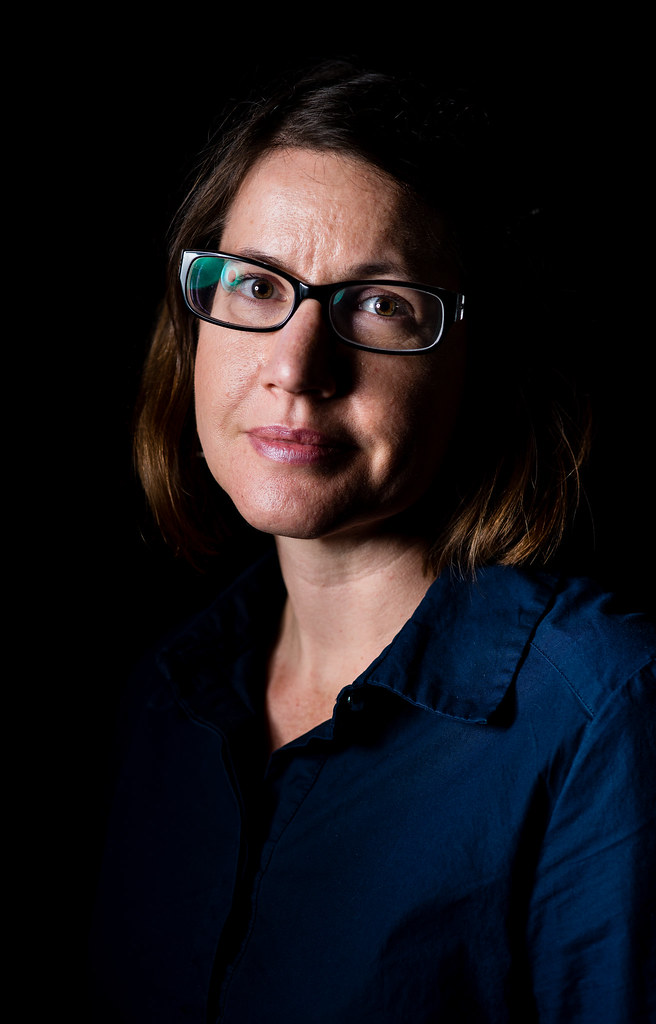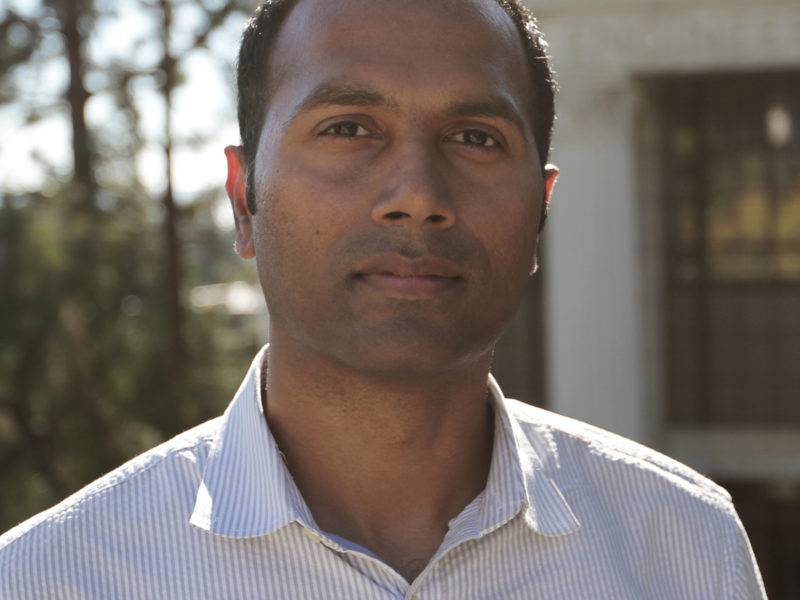
Robohub.org
Robotics Today latest talks – Raia Hadsell (DeepMind), Koushil Sreenath (UC Berkeley) and Antonio Bicchi (Istituto Italiano di Tecnologia)

Robotics Today held three more online talks since we published the one from Amanda Prorok (Learning to Communicate in Multi-Agent Systems). In this post we bring you the last talks that Robotics Today (currently on hiatus) uploaded to their YouTube channel: Raia Hadsell from DeepMind talking about ‘Scalable Robot Learning in Rich Environments’, Koushil Sreenath from UC Berkeley talking about ‘Safety-Critical Control for Dynamic Robots’, and Antonio Bicchi from the Istituto Italiano di Tecnologia talking about ‘Planning and Learning Interaction with Variable Impedance’.

|
Raia Hadsell (DeepMind) – Scalable Robot Learning in Rich Environments Abstract: As modern machine learning methods push towards breakthroughs in controlling physical systems, games and simple physical simulations are often used as the main benchmark domains. As the field matures, it is important to develop more sophisticated learning systems with the aim of solving more complex real-world tasks, but problems like catastrophic forgetting and data efficiency remain critical, particularly for robotic domains. This talk will cover some of the challenges that exist for learning from interactions in more complex, constrained, and real-world settings, and some promising new approaches that have emerged. Bio: Raia Hadsell is the Director of Robotics at DeepMind. Dr. Hadsell joined DeepMind in 2014 to pursue new solutions for artificial general intelligence. Her research focuses on the challenge of continual learning for AI agents and robots, and she has proposed neural approaches such as policy distillation, progressive nets, and elastic weight consolidation to solve the problem of catastrophic forgetting. Dr. Hadsell is on the executive boards of ICLR (International Conference on Learning Representations), WiML (Women in Machine Learning), and CoRL (Conference on Robot Learning). She is a fellow of the European Lab on Learning Systems (ELLIS), a founding organizer of NAISys (Neuroscience for AI Systems), and serves as a CIFAR advisor. |

|
Koushil Sreenath (UC Berkeley) – Safety-Critical Control for Dynamic Robots: A Model-based and Data-driven Approach Abstract: Model-based controllers can be designed to provide guarantees on stability and safety for dynamical systems. In this talk, I will show how we can address the challenges of stability through control Lyapunov functions (CLFs), input and state constraints through CLF-based quadratic programs, and safety-critical constraints through control barrier functions (CBFs). However, the performance of model-based controllers is dependent on having a precise model of the system. Model uncertainty could lead not only to poor performance but could also destabilize the system as well as violate safety constraints. I will present recent results on using model-based control along with data-driven methods to address stability and safety for systems with uncertain dynamics. In particular, I will show how reinforcement learning as well as Gaussian process regression can be used along with CLF and CBF-based control to address the adverse effects of model uncertainty. Bio: Koushil Sreenath is an Assistant Professor of Mechanical Engineering, at UC Berkeley. He received a Ph.D. degree in Electrical Engineering and Computer Science and a M.S. degree in Applied Mathematics from the University of Michigan at Ann Arbor, MI, in 2011. He was a Postdoctoral Scholar at the GRASP Lab at University of Pennsylvania from 2011 to 2013 and an Assistant Professor at Carnegie Mellon University from 2013 to 2017. His research interest lies at the intersection of highly dynamic robotics and applied nonlinear control. His work on dynamic legged locomotion was featured on The Discovery Channel, CNN, ESPN, FOX, and CBS. His work on dynamic aerial manipulation was featured on the IEEE Spectrum, New Scientist, and Huffington Post. His work on adaptive sampling with mobile sensor networks was published as a book. He received the NSF CAREER, Hellman Fellow, Best Paper Award at the Robotics: Science and Systems (RSS), and the Google Faculty Research Award in Robotics. |

|
Antonio Bicchi (Istituto Italiano di Tecnologia) – Planning and Learning Interaction with Variable Impedance Abstract: In animals and in humans, the mechanical impedance of their limbs changes not only in dependence of the task, but also during different phases of the execution of a task. Part of this variability is intentionally controlled, by either co-activating muscles or by changing the arm posture, or both. In robots, impedance can be varied by varying controller gains, stiffness of hardware parts, and arm postures. The choice of impedance profiles to be applied can be planned off-line, or varied in real time based on feedback from the environmental interaction. Planning and control of variable impedance can use insight from human observations, from mathematical optimization methods, or from learning. In this talk I will review the basics of human and robot variable impedance, and discuss how this impact applications ranging from industrial and service robotics to prosthetics and rehabilitation. Bio: Antonio Bicchi is a scientist interested in robotics and intelligent machines. After graduating in Pisa and receiving a Ph.D. from the University of Bologna, he spent a few years at the MIT AI Lab of Cambridge before becoming Professor in Robotics at the University of Pisa. In 2009 he founded the Soft Robotics Laboratory at the Italian Institute of Technology in Genoa. Since 2013 he is Adjunct Professor at Arizona State University, Tempe, AZ. He has coordinated many international projects, including four grants from the European Research Council (ERC). He served the research community in several ways, including by launching the WorldHaptics conference and the IEEE Robotics and Automation Letters. He is currently the President of the Italian Institute of Robotics and Intelligent Machines. He has authored over 500 scientific papers cited more than 25,000 times. He supervised over 60 doctoral students and more than 20 postdocs, most of whom are now professors in universities and international research centers, or have launched their own spin-off companies. His students have received prestigious awards, including three first prizes and two nominations for the best theses in Europe on robotics and haptics. He is a Fellow of IEEE since 2005. In 2018 he received the prestigious IEEE Saridis Leadership Award. |
tags: c-Research-Innovation






